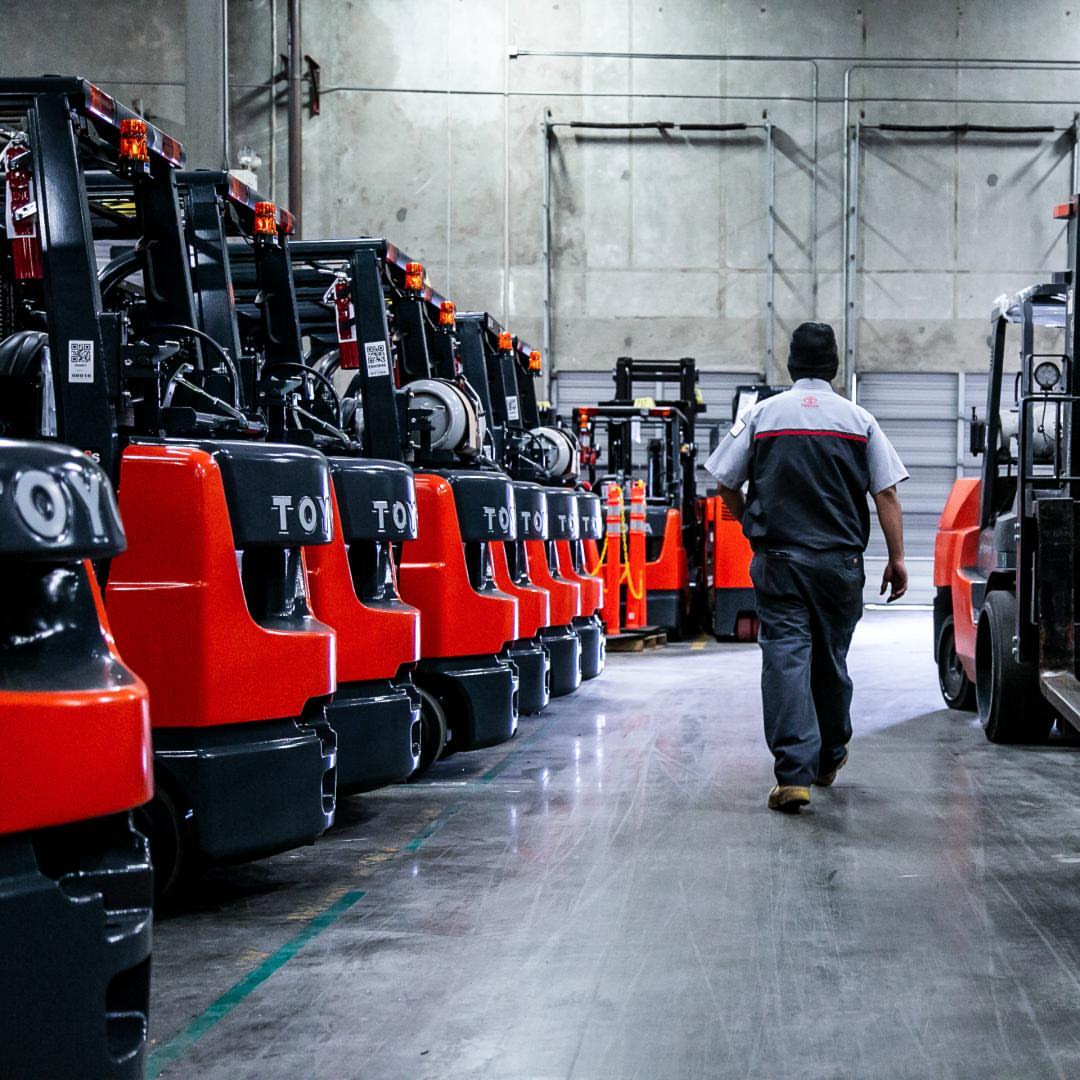Experts at Toyota Forklifts often share their knowledge through in-depth whitepapers. Toyota’s nine-page white paper, Forklift Decisions and Responding to the Electric Trend, written in partnership with New Equipment Digest, examines the factors organizations should consider when choosing between an electric and IC forklift. It also includes key questions to consider when evaluating electric forklifts.
Here is a quick summary of the white paper, broken down into bullet points with the pros and cons of electric and IC forklifts. If you’re interested in reading the entire white paper, click the link at the end of this article.
Summary: Electric forklifts are becoming more attractive as battery costs decline and customers continue to seek fuel-saving and maintenance benefits. It doesn’t mean that IC forklifts are no longer relevant. Deciding which option is ideal depends on the intended use for the forklift and the operating environment.
Electric Pros
- Battery costs are declining.
- Lithium-ion battery technology continues to evolve. Almost every Toyota electric forklift has one or more compatible lithium-ion batteries on the market. Lithium-ion eliminates the need for watering and charges much more quickly than lead-acid batteries. It also eliminates the need to remove the battery from the truck while still maintaining the use of that truck in a multi-shift application.
- An electric forklift may be as much as 75% less expensive to operate than propane fuel.
- Designed for easy access for maintenance and have fewer moving parts to maintain and repair
- A tighter turn radius allows an electric forklift to operate in smaller areas.
- Advancements make electric forklifts more suitable for outdoor use. Toyota’s 3-wheel electric and 80-volt pneumatic models protect critical forklift components from potential damage due to water intrusion.
Electric Cons
- The initial investment for an electric forklift is more than the upfront cost of an IC vehicle.
- Multi-shift operations need to purchase additional electric forklifts, so some vehicles can charge while the others are in use.
- Alternatively, a multi-shift operation may need to keep extra fully charged batteries on hand and install them to keep vehicles running.
- Requires technical skill and a significant amount of installation time
- Increases the need for storage space
IC Pros
- IC forklifts are suitable for both indoor and outdoor applications
- Depending on the situation, total operating costs may be lower for IC forklifts
- Operations that use multiple work shifts may experience more significant savings with IC forklifts because of additional maintenance and charging requirements for battery-powered vehicles
- Propane tanks can swap out in a few minutes, and the forklift can be back in operation quickly
- IC forklifts only require storage space for propane tanks
IC Cons
- IC forklifts require regular engine maintenance, such as oil changes, spark plugs, belts, and inspections.
- IC engines also tend to create more disposal waste related to maintenance, such as engine oil and transmission fluid.
Our experienced and qualified material handling experts are ready to help you decide which forklift is best for your business and application. Contact us to help evaluate your needs and options.
Click below to read the full white paper.
Forklift Decisions and Responding to the Electric Trend, Whitepaper 2019
Tags: buying a new forklift, buying an electric forklift
